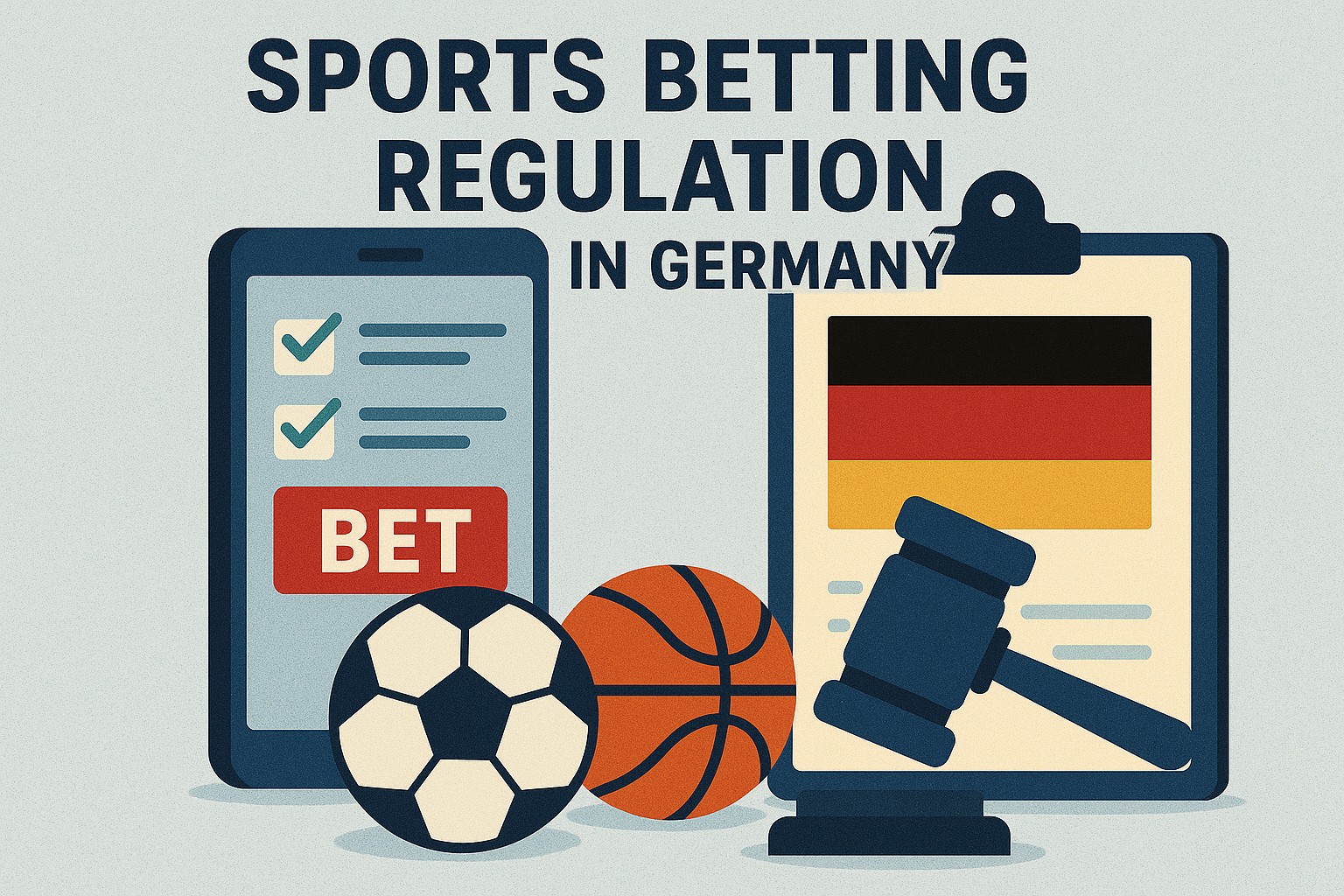SPORTS BETTING REGULATION IN GERMANY

The sports betting market in Germany this year is expected to be worth US$4.02 billion (around Sw. Frs. 3.54 billion), with an annual growth rate during the next five years of 2.79%, resulting in a market value of US$4.49 billion (around Sw. Frs. 3.95 billion).
So, there is much to play for both now and in the future.
Sports betting in Germany is regulated by the Interstate Treaty on Gambling 2021 (ISTG), which came into force on 1 July 2021.
The aim of this Treaty is to strike a balance between allowing licensed operators to offer sports betting and protecting players from gambling addiction and fraudulent activities.
The ISTG is nationwide and aims at harmonising the regulation of sports betting across all the 16 Federal States of Germany.
Under the ISTG, sports betting operators must obtain a licence from the Joint Gambling Commission of the Federal States (GGL), operative since 1 January 2023. The GGL is responsible for overseeing the licensing process and ensuring that operators comply with the law.
Online sports betting operators must be licensed by the GGL and comply with a range of regulations, including
- limits on player spending;
- time restrictions to prevent excessive gambling; and
- the implementation of player self-exclusion mechanisms.
Technical compliance for operators in Germany includes integration into the technical platforms of the regulatory authorities to ensure transparency, data reporting and compliance with legal standards.
These systems include:
– connection to central files where player data and gaming activities are logged;
– the LUGAS system, which acts as a central data hub and monitors real-time data from operators; and
– the OASIS system, a centralised exclusion system that must be integrated by operators to ensure that banned players are excluded from gambling services.
All operators are required to check the status of each player against OASIS before granting them access to betting services.
In Germany, online sports betting is subject to a special tax regime.
Instead of taxing the net revenue of operators, a tax of 5.3% is applied to the stakes, resulting in a relatively high effective tax rate. Operators are required to register with the competent German tax authority and to submit tax returns monthly.
Advertising for sports betting in Germany is also regulated under the ISTG.
Operators are required to comply with the advertising guidelines, which are aimed at protecting especially minors and vulnerable individuals. The focus is on responsible gambling, and all operators are required to display responsible gambling messages prominently on their platforms and in their advertising campaigns.
Also, advertising must not create the impression that betting is a risk-free activity; a reliable source of income; or a solution to financial problems. It must avoid misleading language; the glorification of gambling; or the suggestion of a guaranteed win.
In addition, advertising must not be directed at minors, persons under the age of 18, or other vulnerable people. Furthermore, advertising must not appear on websites that are primarily aimed at minors. Any promotional content involving ‘influencers’ must also comply with these regulations and responsible gambling guidelines.
Sponsorship of sports teams or events by betting operators is permitted, provided that the sponsorship agreements comply with the advertising requirements, including clear messages about responsible gaming.
The GGL may impose penalties on betting operators for any breaches of these advertising regulations.
Pursuant to Germany’s commitment to prevent financial crime, betting operators are subject to strict anti-money laundering (AML) regulations. As such, they are required to implement substantial AML systems, including customer due diligence; monitoring transactions; and reporting suspicious activities. These systems are designed to detect and prevent illegal activities, such as money laundering and terrorist financing.
Betting operators must also conduct enhanced due diligence on players involved in high-value transactions or who demonstrate other risk factors associated with money laundering. Such due diligence may include verifying the source of players’ funds or carrying out additional background checks.
Failure to comply with these AML regulations may result in significant penalties for operators, including fines and suspensions or revocations of their licences.
As may be seen from the above, the sports betting industry in Germany is well regulated, but still faces some challenges, in particular, the black market, where unlicensed operators are offering sports betting without complying with the regulations. Such operators pose risks for players, particularly in respect of responsible gambling and AML compliance.
Accordingly, the GGL has increased its efforts to fight illegal betting operators, relying mainly upon prohibition orders and payment blocking.
We advise on sports betting legal matters in Germany, including disputes, and further information is available from, Oliver Fischer, the Head of our German Desk, by emailing him at fischer@valloni.ch.